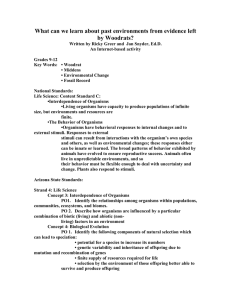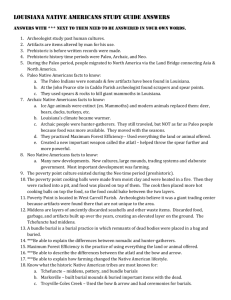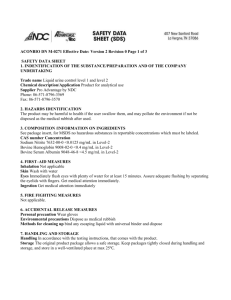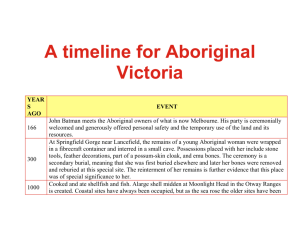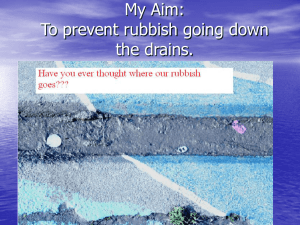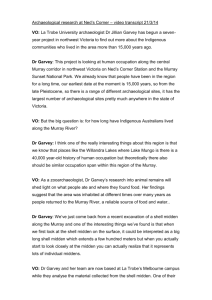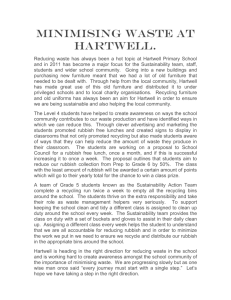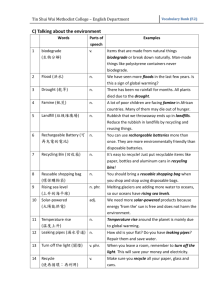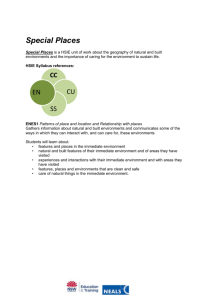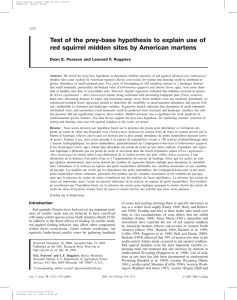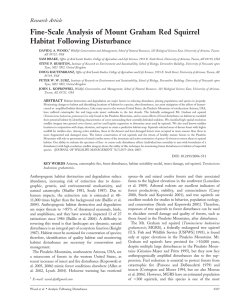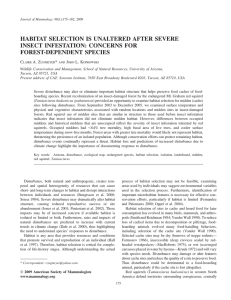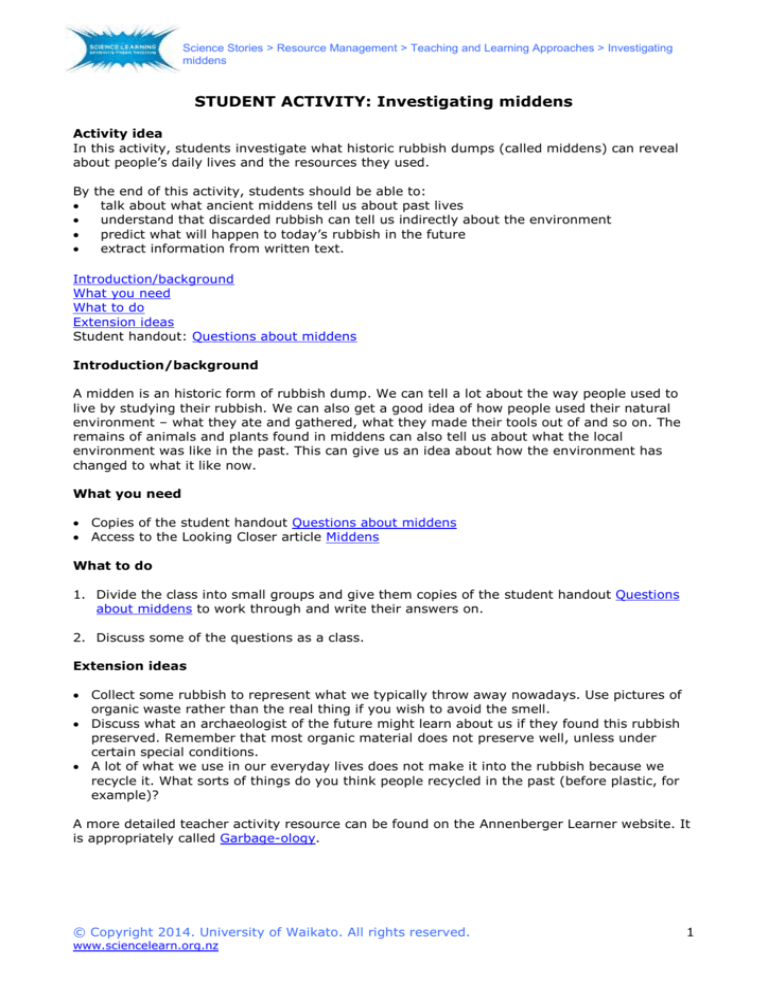
Science Stories > Resource Management > Teaching and Learning Approaches > Investigating
middens
STUDENT ACTIVITY: Investigating middens
Activity idea
In this activity, students investigate what historic rubbish dumps (called middens) can reveal
about people’s daily lives and the resources they used.
By
the end of this activity, students should be able to:
talk about what ancient middens tell us about past lives
understand that discarded rubbish can tell us indirectly about the environment
predict what will happen to today’s rubbish in the future
extract information from written text.
Introduction/background
What you need
What to do
Extension ideas
Student handout: Questions about middens
Introduction/background
A midden is an historic form of rubbish dump. We can tell a lot about the way people used to
live by studying their rubbish. We can also get a good idea of how people used their natural
environment – what they ate and gathered, what they made their tools out of and so on. The
remains of animals and plants found in middens can also tell us about what the local
environment was like in the past. This can give us an idea about how the environment has
changed to what it like now.
What you need
Copies of the student handout Questions about middens
Access to the Looking Closer article Middens
What to do
1. Divide the class into small groups and give them copies of the student handout Questions
about middens to work through and write their answers on.
2. Discuss some of the questions as a class.
Extension ideas
Collect some rubbish to represent what we typically throw away nowadays. Use pictures of
organic waste rather than the real thing if you wish to avoid the smell.
Discuss what an archaeologist of the future might learn about us if they found this rubbish
preserved. Remember that most organic material does not preserve well, unless under
certain special conditions.
A lot of what we use in our everyday lives does not make it into the rubbish because we
recycle it. What sorts of things do you think people recycled in the past (before plastic, for
example)?
A more detailed teacher activity resource can be found on the Annenberger Learner website. It
is appropriately called Garbage-ology.
© Copyright 2014. University of Waikato. All rights reserved.
www.sciencelearn.org.nz
1
Science Stories > Resource Management > Teaching and Learning Approaches > Investigating
middens
Student handout: Questions about middens
Read the information in the Looking Closer article Middens, then answer the following
questions:
1. What is a midden?
2. What types of things have been found in Māori
middens that have been excavated?
Midden on Ninety Mile Beach,
Northland.
3. What are three things a midden can tell us about the
past?
4. Draw a picture of what you think an ancient Māori
midden would have looked like when it was in use.
Moa bones excavated from a
midden.
Scientists sieving a midden to
determine its contents.
5. What is a modern equivalent of a midden?
6. What problems can you think of that we have today
with our waste disposal that the people of the past
didn’t have?
A cut-away section of a midden
showing shell layers.
© Copyright 2014. University of Waikato. All rights reserved.
www.sciencelearn.org.nz
2

